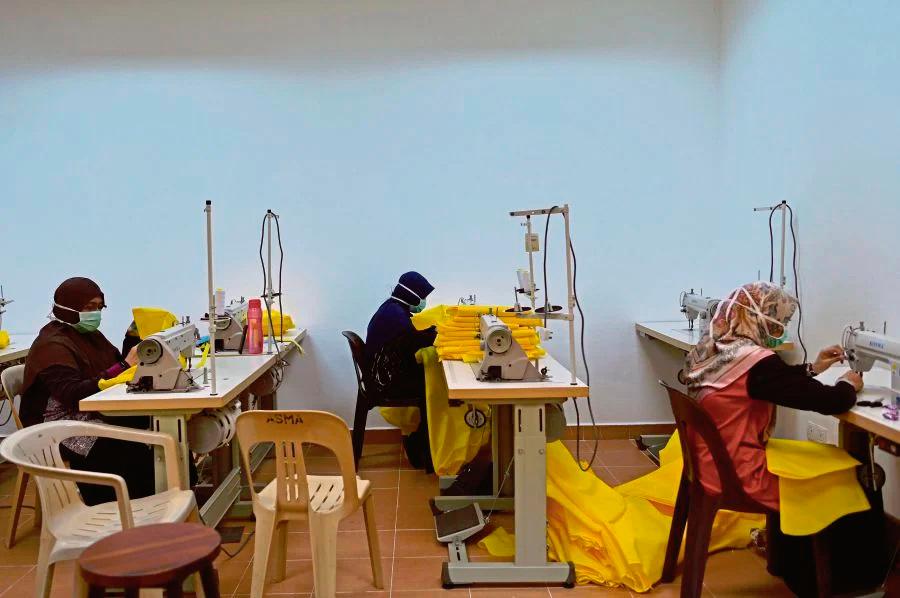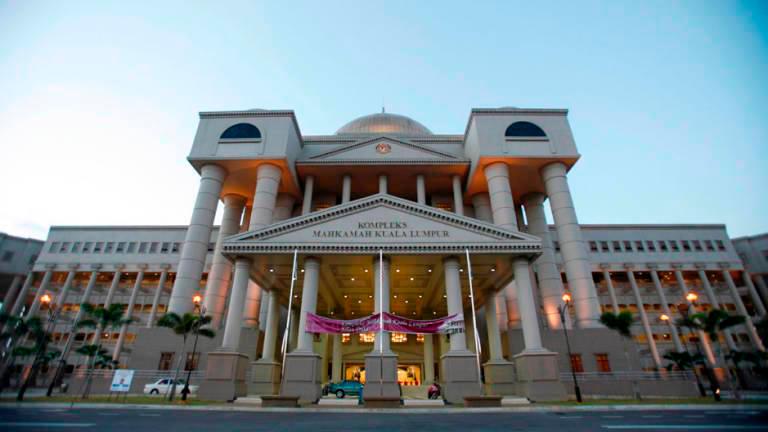PETALING JAYA: Majority (90%) of the SME are on a hiring mode with 44% planning to hire from five to 25 additional workers, as almost half are grappling with labour shortage, according to Small and Medium Enterprises Association of Malaysia (Samenta).
According to its latest survey, three top categories of workers that SME are hiring are semi-skilled, skilled or technicians (36%), service and sales (18%) and professionals (12%).
“The findings reflect the attempt of SME to expand their sales team and to strengthen their skilled workforce and management team,” said the Samenta-Affin Survey on Business Conditions and Economic Outlook for SME 2022-2023.
Additionally, 41% of the respondents invested 1-5% of staff salaries on human resource development per annum. This is in excess of the mandatory 1% contribution to HRDF and negates the perception that SME do not invest in staff training and development.
Samenta said the government should expedite the processing of foreign workers to ease the labour shortage; enhance the supply of blue collar or skilled workers with more polytechnics, as well as greater emphasis on technical & vocational education and training; continue to provide fiscal incentives through double deduction for industrial interns. It also suggested that the state level’s Skills Development Centres should assign at least 20% of their industrial trainees for internships at SME.
Labour shortage is one of the major factors affecting business performance cited by respondents. Others include the minimum wage of RM1,500, political instability, rising raw material costs and interest rates.
On the current business assessment, Samenta remarked that the scenario is rather subdued with almost 60% of respondents reporting a “fair” assessment. Only 1.89% answered “excellent”, while 25.74% replied “good” (25.47%). About 13.21% responded that business is “bad”.
“About 50% expect a turnaround to pre-Covid performance from 2023 onwards. On a positive note, 24% have recovered and achieved the pre-Covid results at present. However, about 2% do not expect to recover,” it explained.
Meanwhile, for Budget 2023, it recommended that the government lower corporate income tax to 15% for SME for profits up to RM1 million; increase grants for automation or digitalisation; implement grants and workshops on ESG compliance; implement soft loans for acquisition of machinery and factories with higher advance margins; implement integrated industrial hubs or flatted factories to be rented to SME while working together with its state government; and increase government procurement of goods and services to support all SME.
Samenta also called for double deduction on remuneration for the hiring of skilled workers and professionals, which would enable SME to pay a higher salary to attract these talents. For export funding, pre-shipment funding as per the export credit refinancing should be reintroduced; and implement post recovery incentive to alleviate SME cost of doing business by reducing statutory fees by 50% for six months from Jan-June 2023. It also suggested that the government defer the levy of sales tax on low value e-commerce imports if GST is to be reintroduced; implement more allocation for development budget that are productive and lesser amounts to GLC and agencies that are not performing well.













